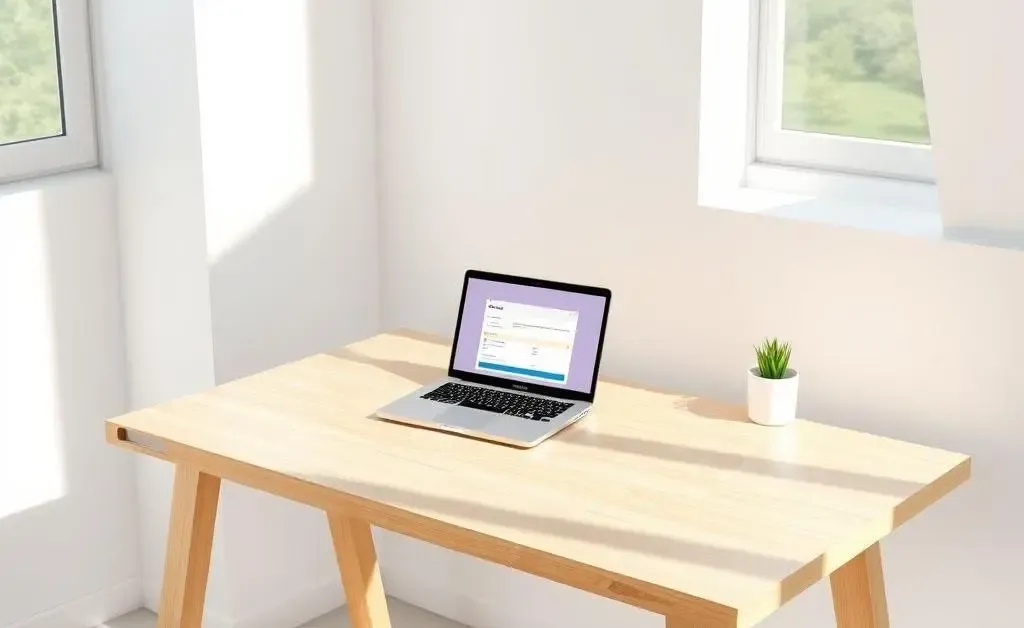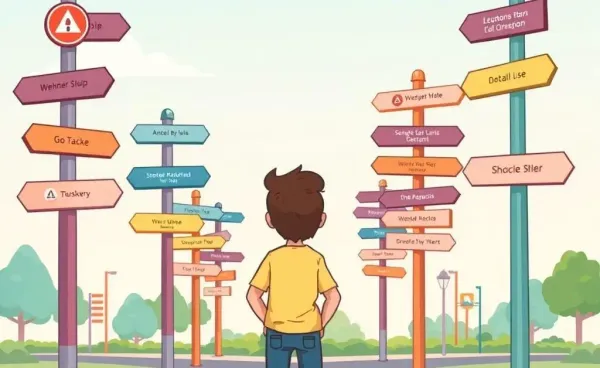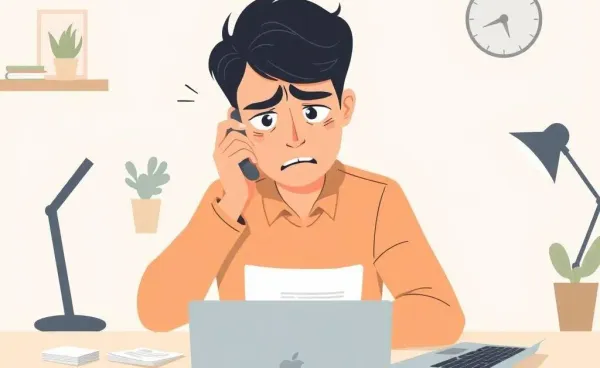Mastering the Art of Communication: Why Leaving a Voicemail or Email Matters
Discover why voicemails and emails to your agent can make all the difference.

Have you ever wondered whether it's more effective to leave a voicemail or shoot off an email when you're trying to communicate something important? If you handle these small but significant decisions carefully, you might just unlock the key to smoother, clearer interactions with your agent.
Why Communication is Key
Whether you're dealing with a complex insurance issue or just need to confirm a small detail, effective communication can make a world of difference. So, why not take a closer look at why these communication forms matter? It's about more than just leaving a message after the beep or seeing an email's 'sent' status. It's about ensuring your voice and thoughts don't get lost in the digital ether.

Leaving a Voicemail: A Personal Touch
There's something inherently personal about a voicemail. Perhaps it's the sound of a friendly voice that conveys emotion and urgency, or maybe it's the touch of spontaneity and warmth. The beauty of voicemails is the ability to express emotion, ensuring that the message is not only heard but felt. Have you ever left a voicemail and noticed how your tone shifts depending on your mood? That's the magic of voice.
When and Why to Use Voicemail
- When the matter is urgent and needs quick attention
- To convey emotion or explain something complex
- To add a personal touch that an email might lack
The Efficiency of Emails
On the other hand, there's undeniable power in the precision and clarity of an email. It's the beauty of complete thoughts, neatly laid out in words, with the luxury of editing and refining until it's just right. Emails provide a platform for attaching documents, links, or additional information that a voicemail simply can't. If you cherish clarity and thoroughness, email can be your best friend.

How Emails Excel
- When you need to document a conversation with written proof
- For attaching files, images, or complex information
- When you're communicating in non-urgent scenarios
Combining the Best of Both Worlds
Wouldn't it be amazing if you could harness the strengths of both voicemails and emails? Why not consider following up a voicemail with a concise email? This approach not only lets the recipient feel your warmth and urgency but also equips them with all necessary written details.

By mastering the art of communication and choosing the right medium, you can transform your interactions. It's about using your voice and words wisely to create a meaningful exchange that embodies authenticity and intention. As they say, it's not just the message, but how you deliver it.
Sometimes, it's the smallest touch—the slightly longer pause before leaving a voicemail or the thoughtful wording of an email—that speaks volumes. Don't underestimate the power these small actions hold in shaping connections.




